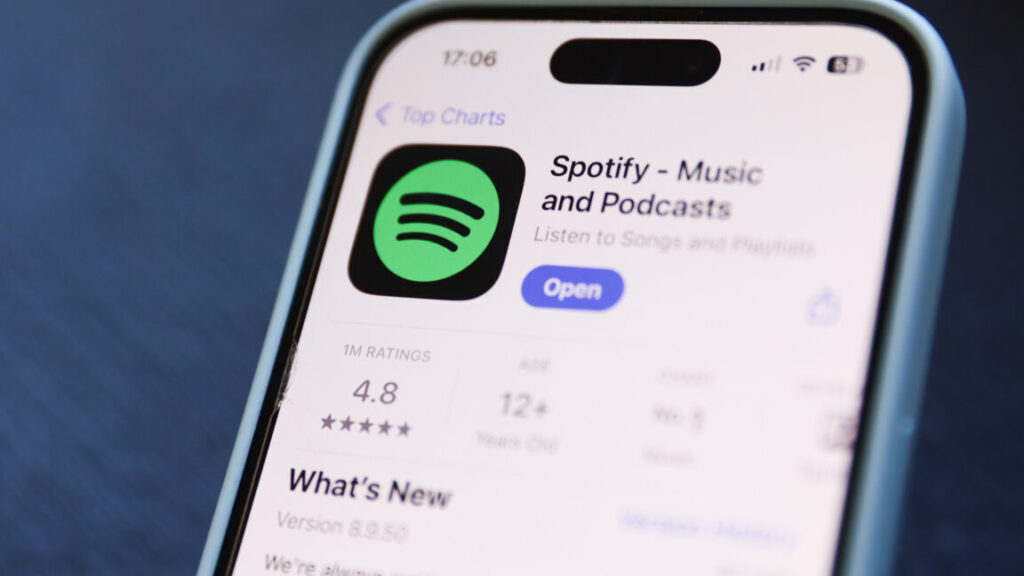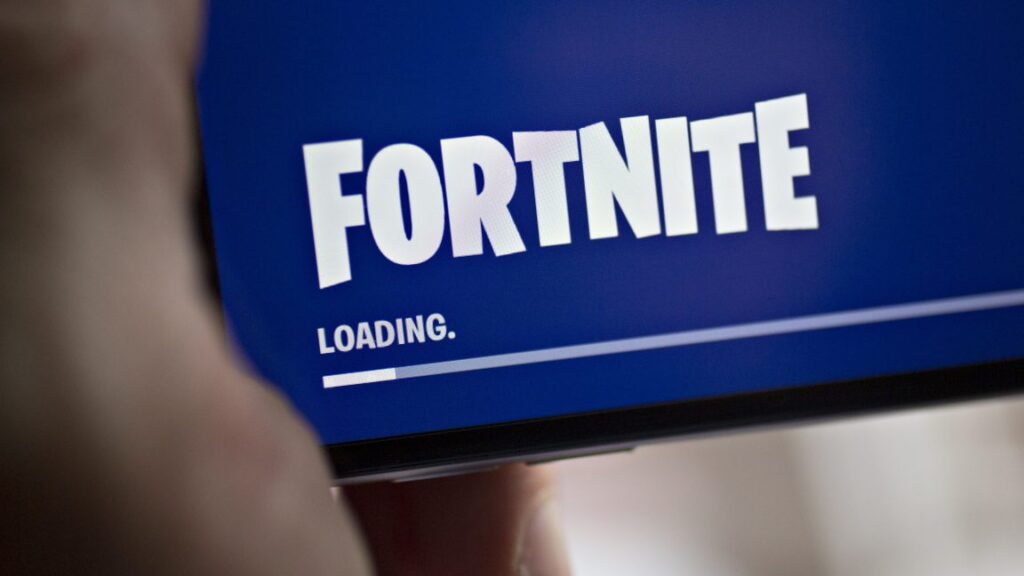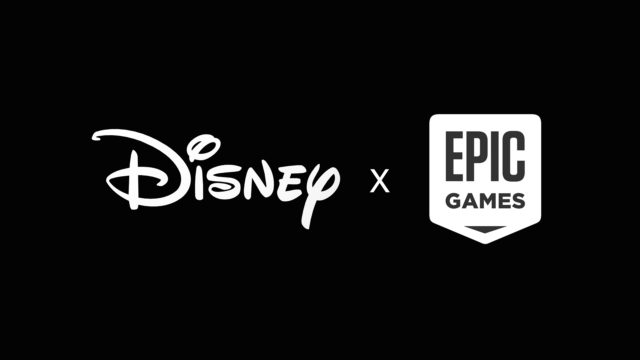Labor dispute erupts over AI-voiced Darth Vader in Fortnite
For voice actors who previously portrayed Darth Vader in video games, the Fortnite feature starkly illustrates how AI voice synthesis could reshape their profession. While James Earl Jones created the iconic voice for films, at least 54 voice actors have performed as Vader in various media games over the years when Jones wasn’t available—work that could vanish if AI replicas become the industry standard.
The union strikes back
SAG-AFTRA’s labor complaint (which can be read online here) doesn’t focus on the AI feature’s technical problems or on permission from the Jones estate, which explicitly authorized the use of a synthesized version of his voice for the character in Fortnite. The late actor, who died in 2024, had signed over his Darth Vader voice rights before his death.
Instead, the union’s grievance centers on labor rights and collective bargaining. In the NLRB filing, SAG-AFTRA alleges that Llama Productions “failed and refused to bargain in good faith with the union by making unilateral changes to terms and conditions of employment, without providing notice to the union or the opportunity to bargain, by utilizing AI-generated voices to replace bargaining unit work on the Interactive Program Fortnite.”
The action comes amid SAG-AFTRA’s ongoing interactive media strike, which began in July 2024 after negotiations with video game producers stalled primarily over AI protections. The strike continues, with more than 100 games signing interim agreements, while others, including those from major publishers like Epic, remain in dispute.
Labor dispute erupts over AI-voiced Darth Vader in Fortnite Read More »












